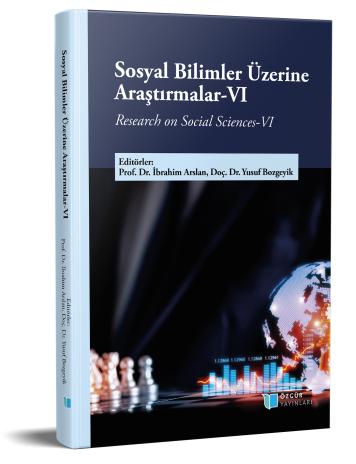
Oligopolization of the Media in Turkey: The Example of Demirören Holding
Chapter from the book:
Arslan,
İ.
&
Bozgeyik,
Y.
(eds.)
2023.
Research on Social Sciences- VI.
Synopsis
Throughout the history of the Republic, it has been an important debate that media organizations did not act completely independently of the governments. Political and economic developments since the 1980s have brought the power-media and power-capital relations to a different stage. With the increase in costs, media organizations began to fall into the hands of capital groups. In this period, which is considered as the change of ownership structure in newspapers, it is seen that the relations of power, media and capital affect the media news content. Following the process that started with Asil Nadir's entry into the media market, capital groups entered the sector in order to use the power of the media and to be influential in the political arena, or accelerated the conglomerate process by purchasing existing media organs. On the other hand, the changes created by the political cycle and the ideological biases arising from the ownership structure of the media shape the news content. In this context, the sale of Doğan Medya to Demirören Group is seen as the beginning of an important change in media history. The change in the ownership structure in the media, thus moving away from a journalist-based structure to a conglomerate structure and the problems it brings together form the basis of the study. In this article, which was prepared with a critical political economy perspective, the oligopolization of the media in Turkey was tried to be explained through the sample of Demirören Holding.

